There are thousands of crypto to choose from, but most people only pay attention to Bitcoin. Why so? How different are altcoins from Bitcoin and should we invest in them?
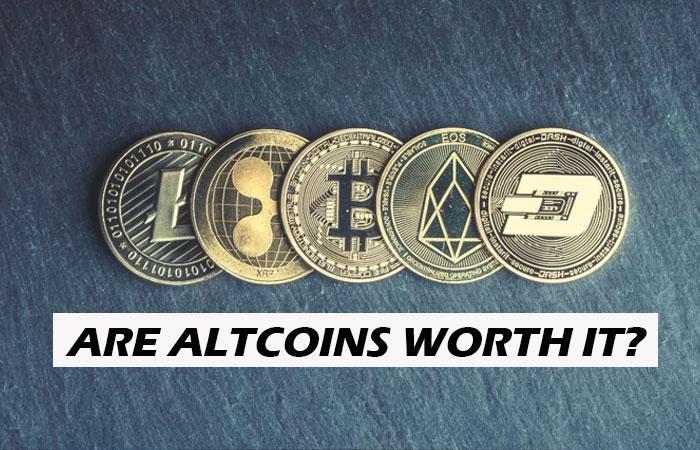
It's a given fact that almost every trader must've known about Bitcoin. Over the years, the famous digital currency has become a trendsetter in the market and is regarded as the standard crypto on many levels.
As Blockchain technology evolved, so did the number of coins available in the market. Some coins claim they use better technology and can provide a better trading experience than Bitcoin. Such coins are called alternatives to Bitcoin or altcoins. Therefore, altcoin is a term used to refer to any cryptocurrency alternative to Bitcoin.
But what is the difference between Altcoin and Bitcoin?
The main difference between altcoins and Bitcoin is that Bitcoin was the first cryptocurrency and remains the most prominent and widely recognized, whereas altcoins refer to any other cryptocurrency. Altcoins often introduce new features, technologies, or improvements compared to Bitcoin, such as different consensus mechanisms, privacy enhancements, or specialized use cases.
To better understand altcoins and their differences from Bitcoin, read this article further.
The Definition of Altcoins
Altcoins are derived from the words "alt" and "coins," which means alternative cryptos to Bitcoin. These coins were introduced after Bitcoin and often presented themselves as better alternatives to the dominating cryptocurrency. Both altcoins and Bitcoin are a form of digital currency, but each has slightly different rules. According to CoinMarketCap, altcoins currently make up nearly 40% of the whole cryptocurrency market.
Altcoin Vs. Bitcoin: How Different Are They?
Originally, altcoins are designed to resolve some of the issues and limitations of Bitcoin. In other words, they were trying to fill the gaps that Bitcoin left. For example, Litecoin can be mined using standard computer hardware, unlike Bitcoin, which requires costly hardware. Ripple and Dash are also trying to provide a better experience by facilitating faster transactions.
The main difference between altcoins and Bitcoin lies in their characteristics, features, and underlying technologies. Here are some key distinctions:
- Origin and prominence: Bitcoin was the first cryptocurrency, created in 2009 by an anonymous called Satoshi Nakamoto. It remains the most well-known and dominant cryptocurrency in market capitalization and adoption. On the other hand, altcoins refer to any cryptocurrency other than Bitcoin.
- Technology and blockchain: Bitcoin operates on its decentralized and transparent ledger that records all transactions. Altcoins often utilize different blockchain technologies or variations of the blockchain concept. For example, Ethereum introduced the concept of smart contracts, allowing programmable and decentralized applications (DApps) to be built on its blockchain.
- Purpose and focus: Altcoins are designed with specific goals or improvements. Some altcoins aim to address scalability issues (e.g., Bitcoin Cash), enhance privacy features (e.g., Monero), or enable faster transactions (e.g., Litecoin). Altcoins may also target specific industries or use cases, such as supply chain management (e.g., VeChain) or Decentralized Finance (DeFi) applications (e.g., Chainlink).
- Market dynamics and value: Bitcoin has historically held the most prominent cryptocurrency market share, with significant price volatility and investor interest. Altcoins may experience different levels of market demand and volatility. Some altcoins have achieved considerable market capitalization and recognition, while others may have more limited adoption or serve as experimental projects.
- Community and development: Bitcoin has a well-established community of developers, miners, and users. Altcoins have their own communities and development teams with visions and objectives. Altcoin communities may focus on specific features, use cases, or philosophies that differ from the Bitcoin community.
It's important to note that while altcoins can provide innovative features and investment opportunities, they also carry risks. Their value can fluctuate significantly, and not all altcoins have proven successful or sustainable in the long term. Therefore, thorough research and understanding are necessary before engaging with any altcoin.
The Pros and Cons of Altcoin
Like any other investment or technology, Altcoins have advantages and disadvantages. Here are some pros and cons of altcoins:
The Pros:
- Can resolve Bitcoin issues.
- Provide competition.
- Low transaction fees.
- Provide a wide ion of coins with different functions.
The Cons:
- Extremely volatile value.
- Smaller investment market than Bitcoin.
- High risk of scams or fraud.
- "Dead" altcoins can make traders lose money.
Should We Invest in Altcoins?
Based on the explanation above, we can see that the primary purpose of altcoins is to provide a new opportunity to gain profit and use better technology. However, investing in one should take proper consideration.
According to Ben Weiss, the chief operating officer of CoinFlip, altcoins offer a great chance of getting higher profit, but it also comes with higher risks.
He took Dogecoin as an example.
Dogecoin's value soared high in April 2021 only because people started buying it, causing the altcoin to go viral. Such a condition can reverse as quickly as how it happens in the first place. And that's exactly what heppened during the following month.
Ben Weiss suggested that it's better to invest in something that you believe to be profitable in the long term rather than just following the hype and risking a lot of money when the wave fades out.
Now the real question is how do we know if it's a good investment?
The answer is simple: You can't.
Ryan George, the chief marketing officer at Docupace, even said that you should be wary of anyone who has a definitive answer to the question.
However, keep in mind that investing is not the same as gambling, so there are a few things that you can do to minimize the risks and trade logically:
1. Check the Coin's Security
First, given the inevitable high volatility of altcoins and the risk of scams, it's vital to make sure the security level of your trading. If you're investing in a regulated exchange like the NYSE and Nasdaq, you'll get several layers of protection that have been safe for many years. Some initial coin offerings are also under US regulation, but remember that many are not.
Even those under the SEC's regulation can still pose fraud against their clients. The chairman of SEC, Jay Clayton, wrote in 2017 that traders' funds could quickly travel overseas without the trader's knowledge. Therefore, risks can be amplified, including the risk that the SEC may not be able to manage effectively.
"There are many, many players in the altcoin space, and (it's) nearly impossible to understand what is true (and) what's the risk. 'Unregulated' is just another way to say not for the typical retail investor."
2. Know the Coins Inside and Out
It's essential to understand the altcoins you're about to invest in. As there are thousands of altcoins at the moment, it is impossible to know every single one completely.
For this reason, Ben Weiss suggested that it's best to only invest in an altcoin that you understand and believe through and through. Make sure to find out who is behind the coin and its value proposition before you invest. With proper research, Weiss thought finding an altcoin worth the money and effort was possible.
"A worthwhile altcoin to invest in should provide a service that you believe is unique to that particular token. If you're looking for a safer investment but want to get involved with altcoins, start with the top five or ten coins by market capitalization."
Conclusion
Altcoins are good alternatives for crypto traders interested in diversifying their portfolios. Some altcoins claim that they are the "better versions" of Bitcoin and can resolve Bitcoin's problems and limitations. Other than that, the new technology and methods introduced by altcoins can also be seen as having the potential to reshape modern finance.
Since the risk of investing in altcoins is higher than in Bitcoin, understand that first and know how to manage it. You can start by looking for the right wallet to secure altcoins properly.

 Dedicated FREE FOREX VPS
Dedicated FREE FOREX VPS Free FOREX Virtual Private Server
Free FOREX Virtual Private Server MT4 Demo Contest, Get $500
MT4 Demo Contest, Get $500 Sign Up for an Account, Claim 60% Deposit Bonus
Sign Up for an Account, Claim 60% Deposit Bonus Free MT4/MT5 VPS 2024
Free MT4/MT5 VPS 2024 Send E-mail and Get Free Merchandise
Send E-mail and Get Free Merchandise $1K Refer a Friend Bonus for Pepperstone Pro clients
$1K Refer a Friend Bonus for Pepperstone Pro clients Maximize Your Earnings with 100% Deposit bonus
Maximize Your Earnings with 100% Deposit bonus Trade to Win, $5,000 Monthly Demo Contest
Trade to Win, $5,000 Monthly Demo Contest Claim 30% + 15% Deposit Bonus from LiteFinance
Claim 30% + 15% Deposit Bonus from LiteFinance
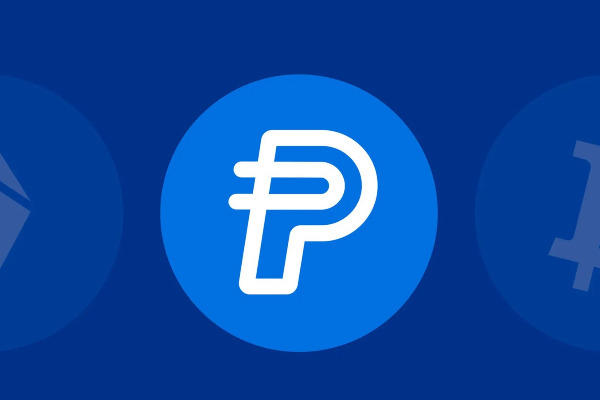
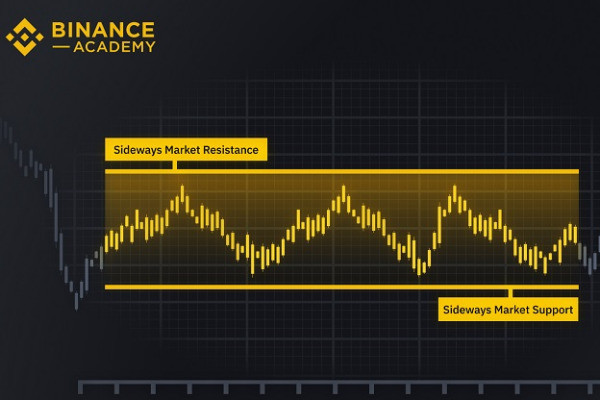
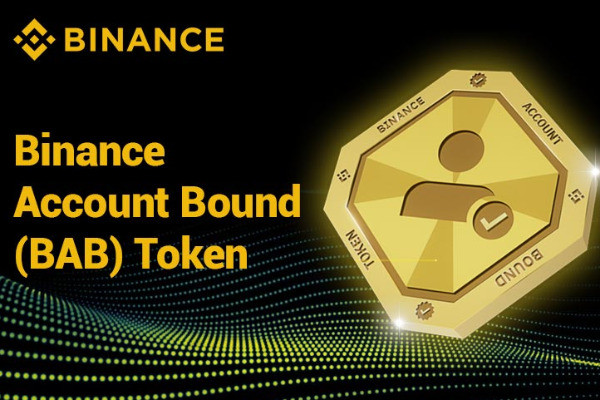
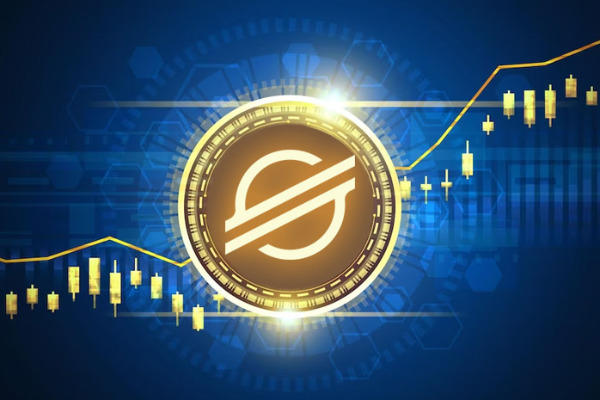
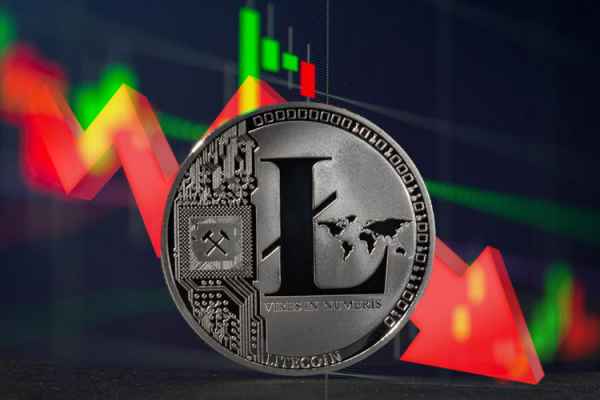

 Bitcoin
Bitcoin Ethereum
Ethereum Tether
Tether BNB
BNB Solana
Solana USDC
USDC XRP
XRP Dogecoin
Dogecoin Toncoin
Toncoin Cardano
Cardano
1 Comment
Asano
Dec 2 2022
"Originally, altcoins are designed to resolve some of the issues and limitations of Bitcoin. In other words, they were trying to fill the gaps that Bitcoin left" Considering this fact, it seems that altcoins are more advanced than bitcoin but their price and manner still become very available and more investable than bitcoin. At least I have another alternative to invest in cryptocurrencies Bitcoin is too hard to mine and too expensive to invest. So I think I'm out of luck with bitcoin. Not only that, my PC seems to be able to mine altcoins rather than bitcoin. Too much energy required for bitcoin and requires expensive hardware to mine.